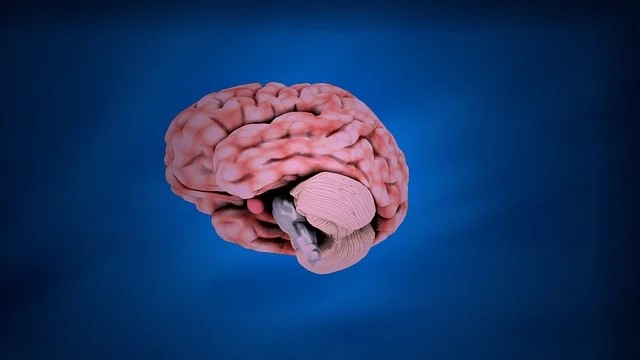In one of the articles, Australian scientists point out that hypothermia appears to be a safe and effective procedure in patients with cardiac arrest. In the research, 77 patients in a comatose state after cardiac arrest were randomly assigned to hypothermia or conventional treatment. Within the first two hours after resuscitation, the group that received hypothermia applied ice packs until their body temperature was reduced to below 33 degrees Celsius and remained there for 12 hours - had a better chance of survival. Specifically, in this group 45% of the patients survived compared to only 26% of those who did not undergo this procedure.
The second study, carried out in hospitals in several European countries, also shows that hypothermia improves the prognosis of comatose patients after cardiac arrest. We included 136 patients who underwent hypothermia and 138 who received conventional care. Patients in the first group had their temperature lowered to 32-34 degrees using mattresses that released cold air and were kept there for 24 hours.
Those subjected to hypothermia were more likely to recover and have a lower mortality rate. At six months, 55% had recovered and had only mild neurological damage, compared with 39% of those who received standard treatment. Mortality in the two groups was, respectively, 41% and 55%.
















